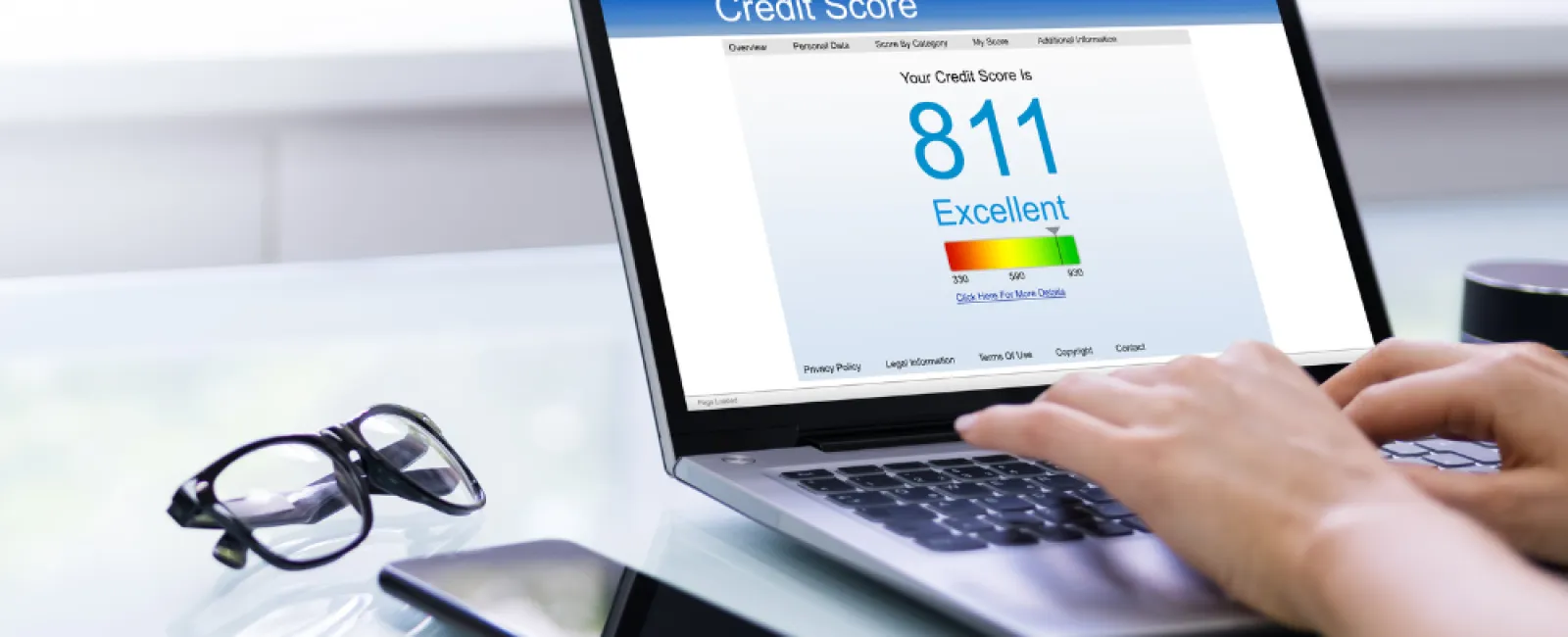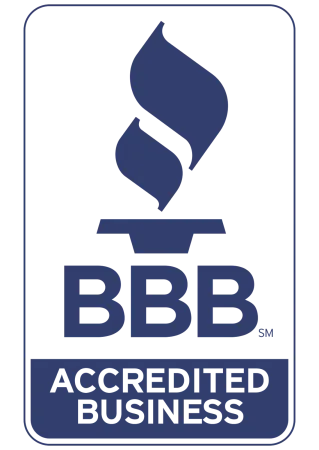What is a Credit Score: it is a number based on sophisticated models that predict the likelihood of a borrower to repay or default on a loan. Ranging from 300 – 850, this score enables creditors to determine the quality, or the creditworthiness, of a loan application. Higher scores are better than lower ones. Generally, a score of 740 or higher is considered as high credit quality and can receive the most competitive interest rates on loans.
How do I know if my Credit Score is good or bad: generally, a credit score of 740 or higher is considered excellent; 680-739 is good; 640- 679 is fair; 600-639 is higher risk; below 600 is considered highest risk and may not qualify for loan. Lower scores typically pay higher interest rates.
What factors are used in determining a Credit Score: the following variables and weights are used in the calculation of a FICO credit score: Payment History (35%); Outstanding Debt/Capacity (30%); Length of credit history (15%); New credit in past 12-18 months (10%); Mix of Credit (10%).
How can I improve my Credit Score:
Take ownership and responsibility for your debt. Pay all your bills on time.
Do not rush to close out old established credit lines – having “available credit” is good.
Do not use all your available credit – maintain available credit.
Request a copy of your credit report each year – look for errors and potential ID theft.
Report any errors or suspicious transactions immediately to the appropriate Credit Bureau.
Do not apply for new debt unless absolutely necessary. Even so, first ask your existing credit card company if they can increase your credit line.
Consolidate credit card bills with a closed-end installment loan – keep unused cards open without a balance.
Pay off unpaid obligations – small unpaid/past due amounts can damage your credit score.
Find out if your creditor reports to all three major credit bureaus. If not, your payment history will not be reflected in your credit score. Not all creditors report to all three Credit Bureaus.
Available Resources:
- General information: www.myfico.com
- Federal Trade Commission (to file complaint or for information on identity theft) www.consumer.ftc.gov
- Copy of your free credit report (without credit score) www.annualcreditreport.com
- 1-877-322-8228
- Prescreen “Opt-Out” Phone: 1-888-567-8688
- Equifax: www.equifax.com; 1-800-685-1111
- Experian: www.experian.com; 1-888-397-3742
- Trans Union Corp: www.transunion.com; 1-800-888-4213
How can HEFCU help Members:
- Secured Credit Cards help those with weak credit or trying to establish credit
- Debt Consolidation Loans improve your capacity to borrow
- Unsecured Credit Cards improve your capacity to borrow
- Free consultation/review of your credit report
- HEFCU reports loan activity to all three major credit bureaus



